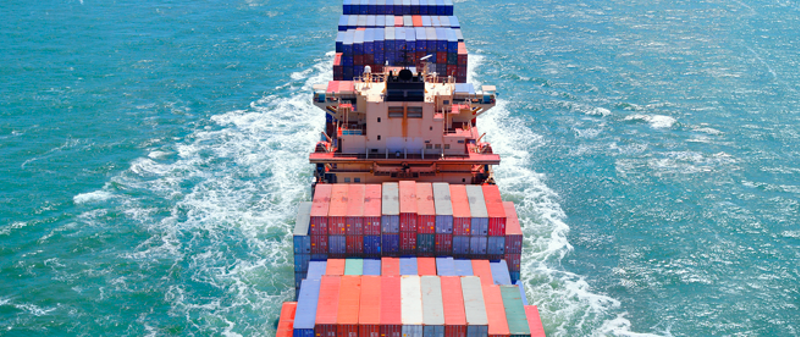In an environment where commercial imperatives can put pressure on the need for speed, how do you ensure the quality and accuracy of your customs and cross-border compliance requirements are not compromised?
If you’re used to relying on multiple systems and databases to manage your import and export processes, it’s likely your operators are constantly re-entering data, which is time-intensive and error prone.
What’s more, this disparate system approach can limit your visibility, contributing to increased costs and potentially late or lost freight that doesn’t adhere to Australian Border Force rules and regulations.
CargoWise is a single-platform software solution that shares customs entry data across your operations and network of partners, allowing you to enter data once, then transfer it to a new entry automatically, any time and from anywhere.
Want to speed up your declarations’ processing time while also ensuring quality and accuracy is maintained?
From default values to shared data across your logistics operations, here’s three ways CargoWise can help you take the complexity out of Australian customs compliance.
1. Creating a customs declaration from inside a shipment file.
When you handle both the shipment and the customs declaration, CargoWise enables you to process both from the same operational file. That’s because all relevant data is automatically transferred to the Customs tab, helping you accelerate the processing time while removing the need for repetitive data entry.
Want to optimize this further when handling an import? If your sister company at Origin has already completed the export declaration, the import team can simply re-use the Origin Customs information to create the import declaration.
2. Setting organization defaults.
There’s no denying that successfully navigating customs compliance is easier when your software can capture a range of country-specific customer data, applying and submitting this in whichever country you are handling clearances.
CargoWise makes it simple to set various organization defaults against the supplier, importer or a relationship between both parties. Additionally, data such as value build-ups, tax and duty defaults, product descriptions, and many other country-specific data can be captured, which will automatically populate into the declaration record.
3. Applying product code lookups to a declaration.
Unlocking the power of visibility across your supply chain is only really possible when your operators, customers and network of partners are confident about the completeness and accuracy of your data.
By linking a customer’s Product Code to a Customs Harmonized Code, as a one off, or by importing an entire database of Product Codes, CargoWise will immediately add the correct HS Tariff whenever you enter a specific product code from the customers’ invoice.
What’s more, the platform supports the creation and uploading of supplier commercial invoices, which can then be linked to any declaration you are handling. This not only makes the data entry fast, but allows the invoice data to be created in advance of the shipment movement, and then applied to the declaration immediately when required.
Want to accelerate the speed and accuracy of your customs clearance processes? Create, manage and clear your import and export customs declarations with CargoWise. Learn more
Need help optimizing your productivity with CargoWise? Our global CargoWise Partner network helps customers of all sizes implement and configure CargoWise to suit your business needs. Find out how
